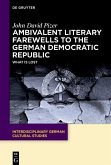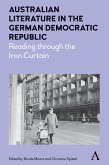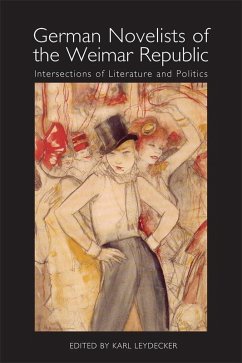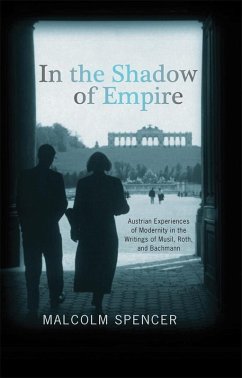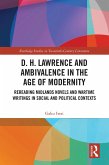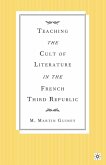This study reverses the question implicit in title of Christa Wolf's now-canonical 1990 novella
Was bleibt (What remains), looking instead at what was lost during the process of German reunification. It argues that, in their work during and after the
Wende, most literary authors from both East and West Germany responded ambivalently to the reunification. Many felt, on the one hand, a keen sense of loss as the GDR dissolved and an expanded Federal Republic summarily absorbed former Eastern Germany. They mourned the ideals of democratic socialism, tolerance, and internationalism that the GDR had held dear, as well as the country's rich cultural life. On the other hand, however, they recognized that the GDR was a fundamentally corrupt surveillance state whose industry weighed heavily on the environment while failing to buoy the country's economy. By looking at works by some of the most important authors from either side of the border, this study shows that those who unequivocally embraced the reunification were clearly in the minority.
John Pizer, Louisiana State University, Baton Rouge, Louisiana, USA.
Dieser Download kann aus rechtlichen Gründen nur mit Rechnungsadresse in A, B, BG, CY, CZ, D, DK, EW, E, FIN, F, GR, HR, H, IRL, I, LT, L, LR, M, NL, PL, P, R, S, SLO, SK ausgeliefert werden.



